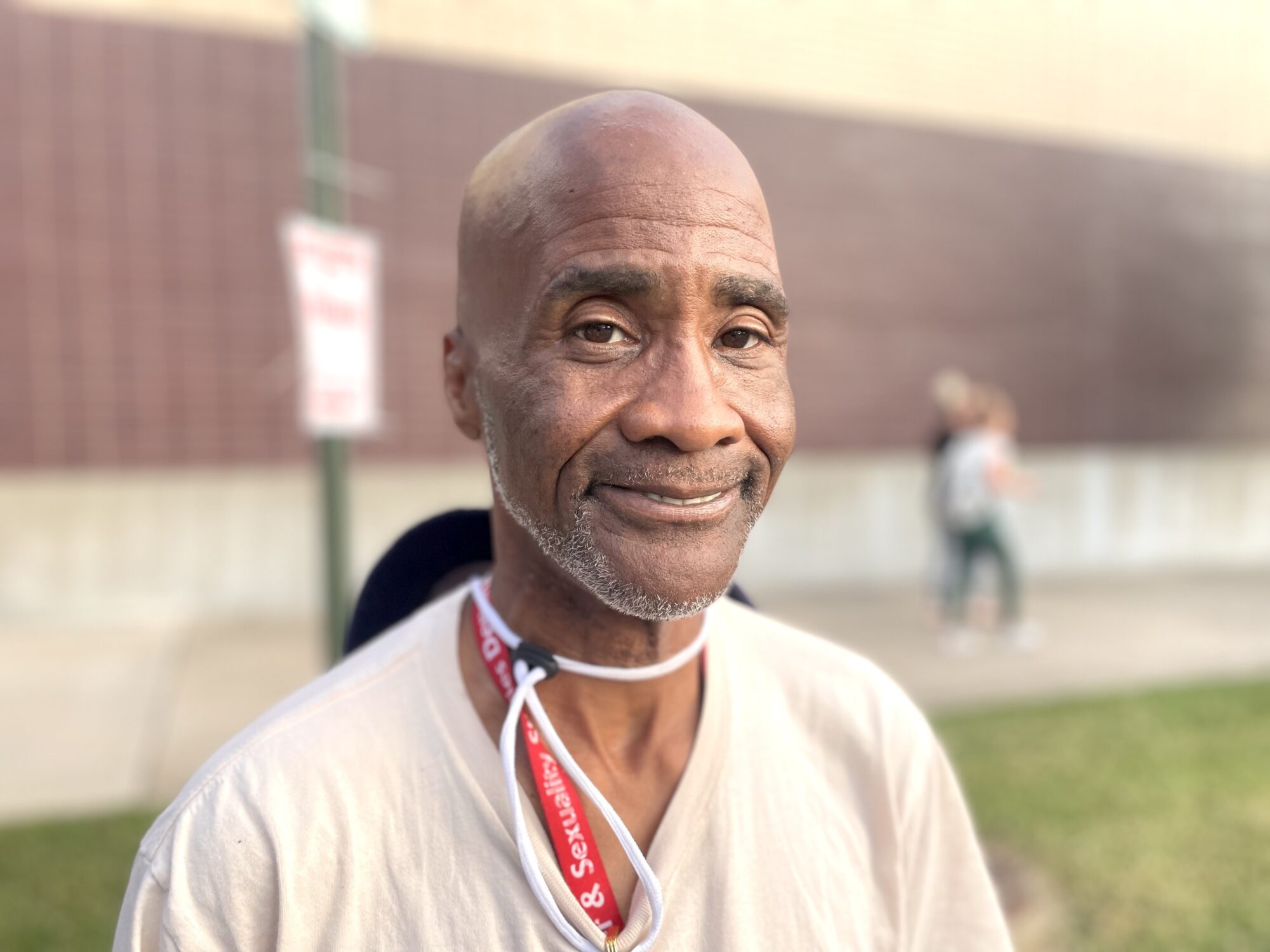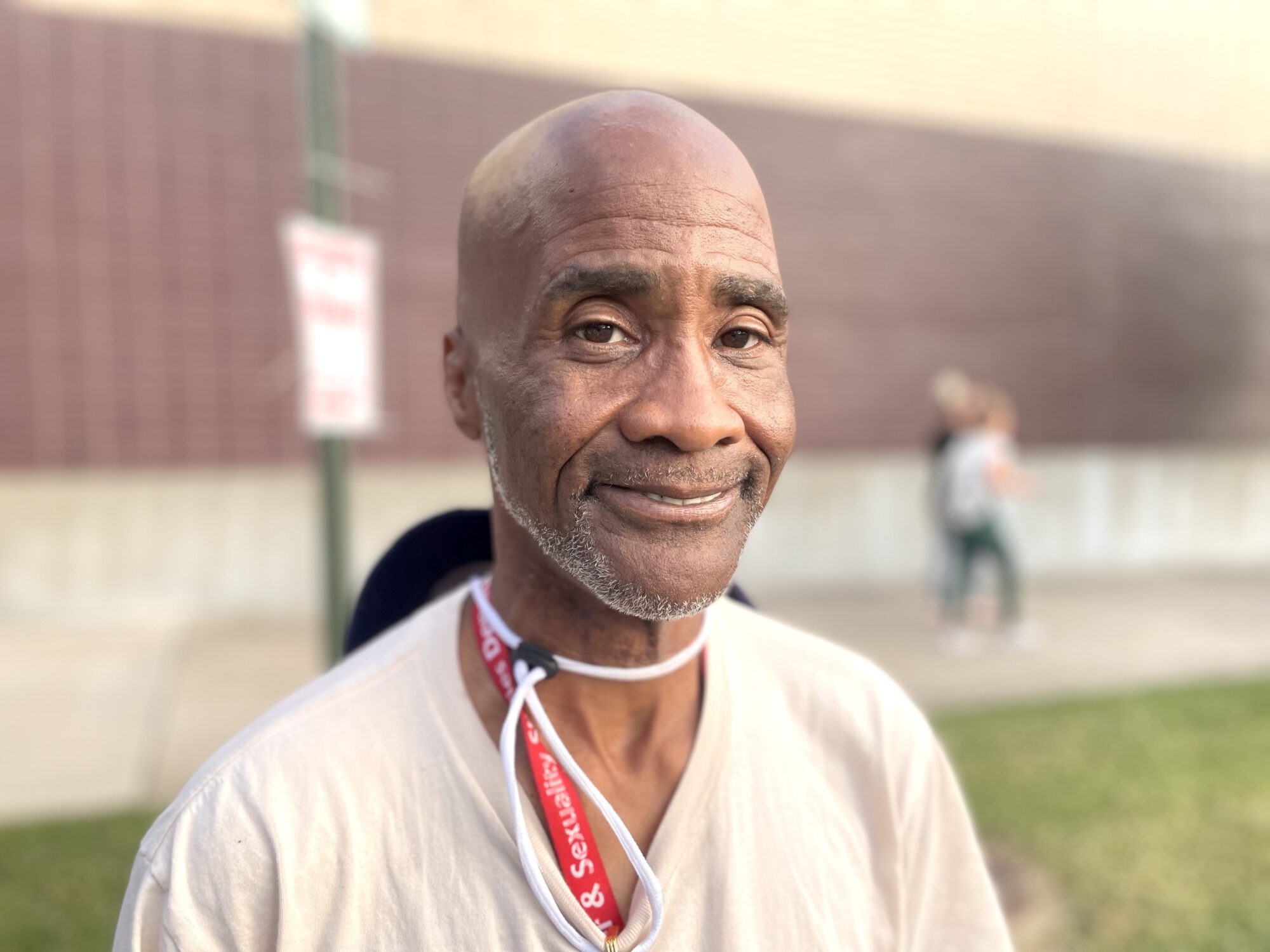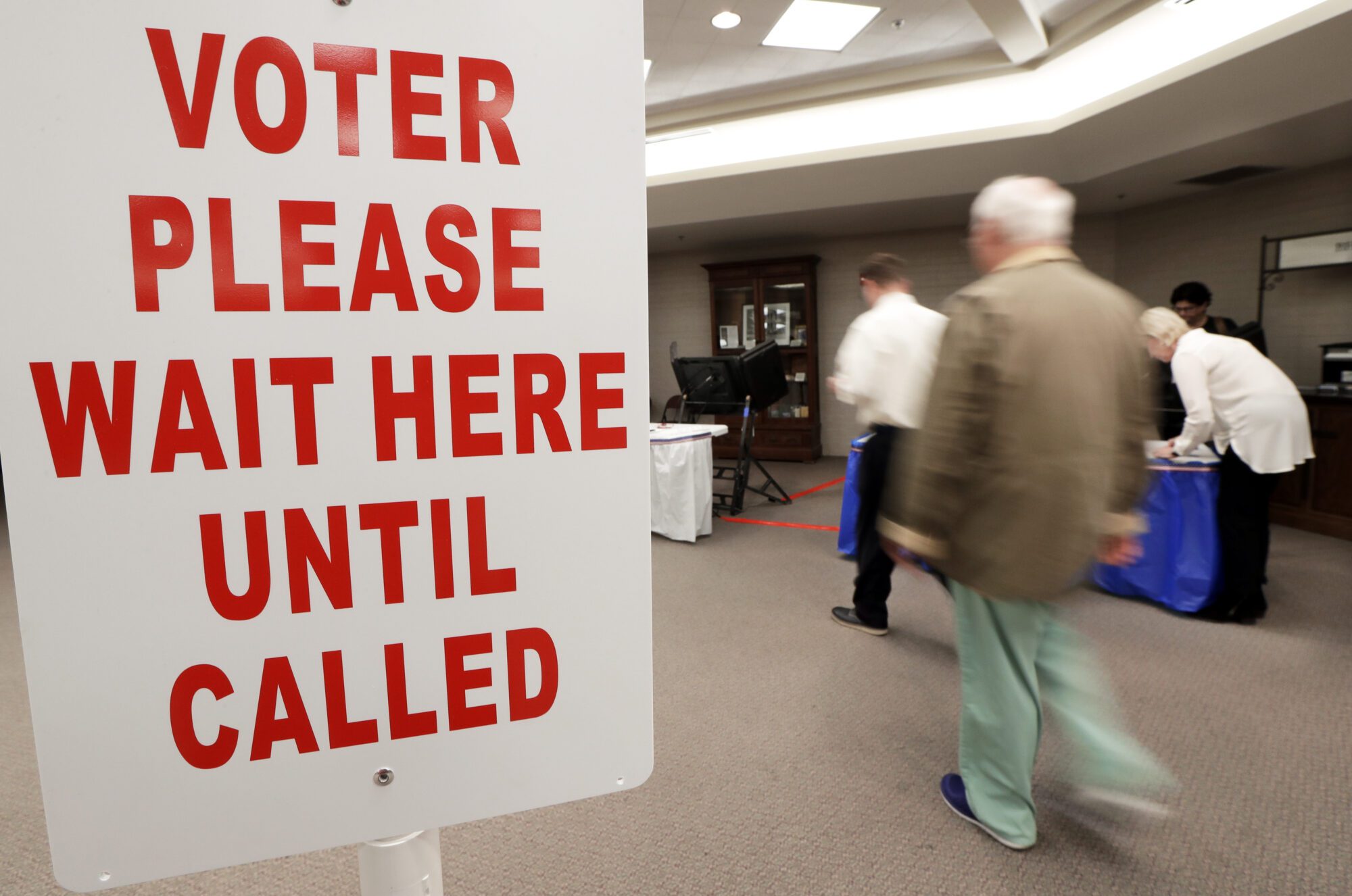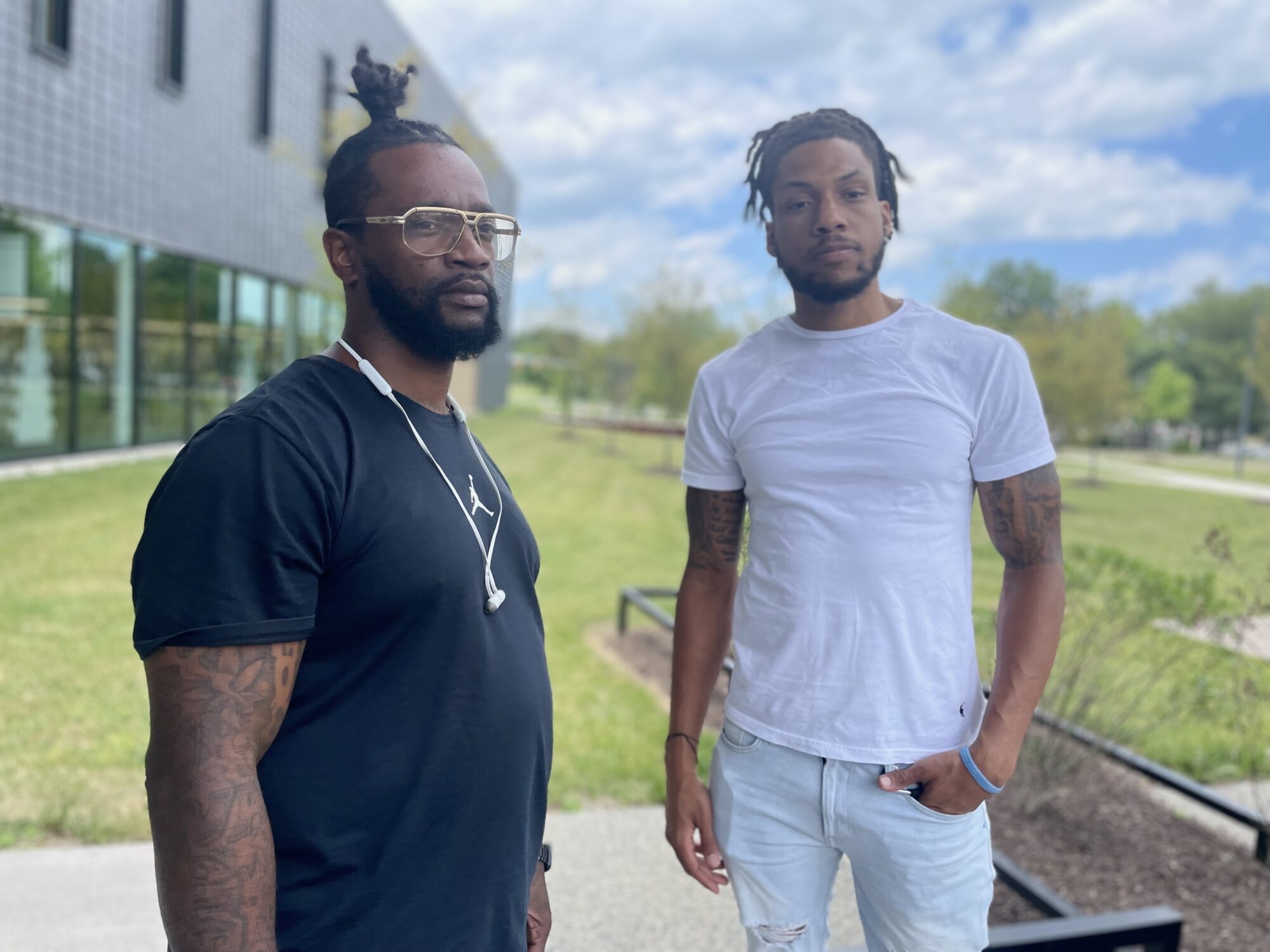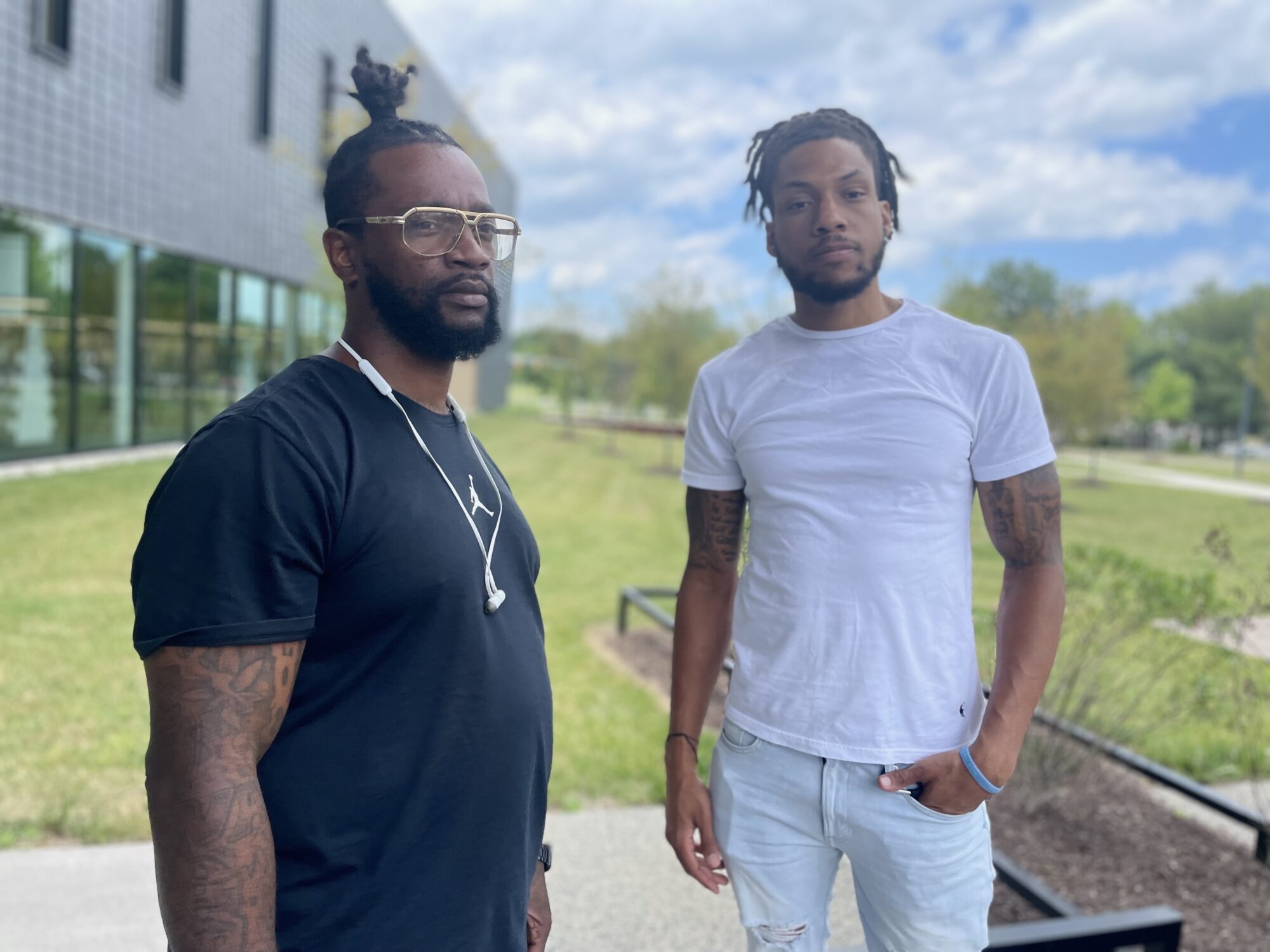“I Don’t Think They Care”: Virginia Is Slow-Walking the Fix to a Wrongful Voter Purge
With elections weeks away, state officials admitted improperly removing some people from voter rolls. Local advocates say the state is doing too little, too late to remedy the harm.
Alex Burness | October 17, 2023
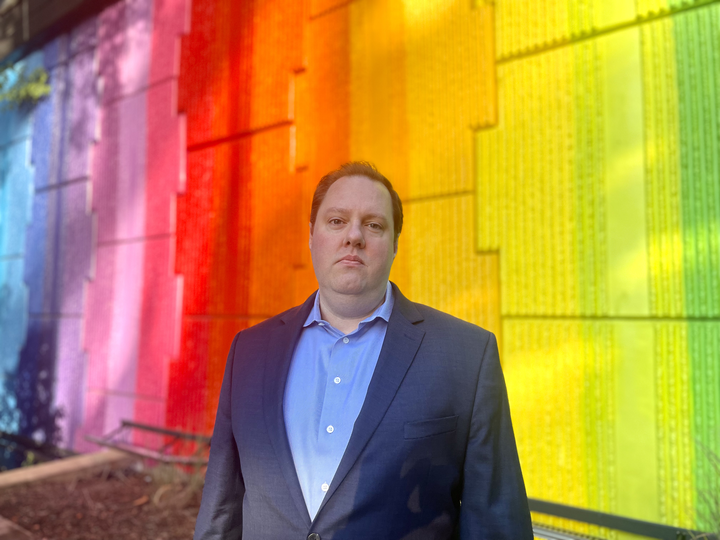
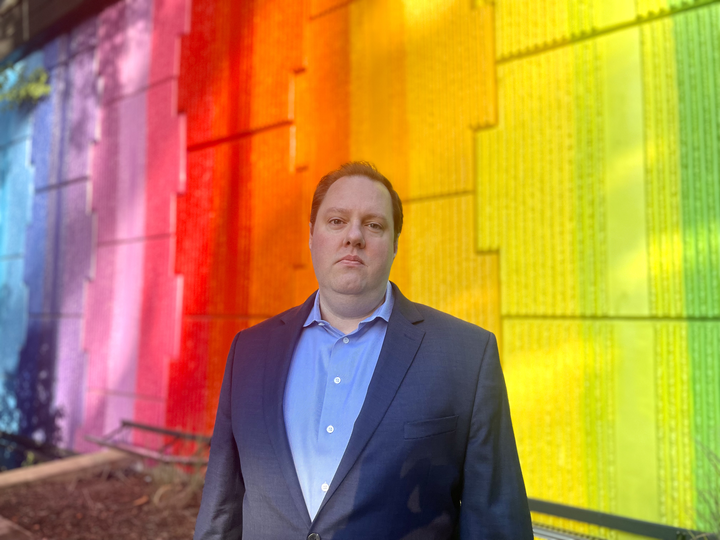
Elizabeth Shelton was shocked when, in late 2022, she got a letter from her county registrar saying she had lost the right to vote. She learned that Virginia was purging her from voter rolls on the grounds that she had been convicted of a new felony.
But Shelton knew this was wrong. While she has a felony in her past, Virginia’s then-Democratic governor restored her voting rights in 2021 and she has had no new convictions since.
“I was like, ‘This isn’t right. I had my rights restored and I’ve already been voting. I shouldn’t be getting this letter,’” she recalls.
Still, she dared not participate when this summer’s primary elections rolled around in June. “I knew that it was illegal if I voted, that I could be criminally charged,” she told Bolts. “I was worried they would try to come after me.”
She was finally vindicated in early October, when Republican Governor Glenn Youngkin’s administration acknowledged a major error: It had incorrectly marked some Virginians as receiving a new felony conviction that they’d never actually received, instructing local election officials to remove them from their voter rolls. (Virginia disenfranchises people when they are convicted of a new felony, and Youngkin this year made it much harder to regain those rights.)
The state’s admission, first reported by Virginia Public Media, has triggered an outcry among voting rights groups and state Democrats. Virginia’s two U.S. Senators have called for a federal investigation into the erroneous removals, whose visibility bubbled up throughout the summer as some Virginians removed from the rolls went to court in protest.
Even after Virginia’s delayed acknowledgment, it took the state two additional weeks to reinstate Shelton onto voter rolls. She found out Monday when she checked her registration status on the state’s site.
Shelton says neither state officials nor her county registrar have reached out to tell her that she has been reinstated. “I haven’t heard anything from anyone. I just happened to be checking online,” she said. “If I wasn’t checking, I would not have known, and I would keep on assuming I was denied.”
There is little time before Virginia’s Nov. 7 elections, which will decide control of the legislature and other local offices; half of the early voting period is over, and the deadline to ask to vote by mail looms next week.
Voting rights advocates warn that Virginia is doing too little, too late to stave off confusion and correct its costly mistake in the lead-up to Election Day.
They say they don’t even know how many people the state has reinstated so far and how many remain improperly purged, since the state is sharing little information. “They’re very tight-lipped about what they’re doing now, how this happened, and how they’re going to rectify it,” says Sheba Williams, who helps formerly incarcerated people regain their rights as the founder of the Richmond-based nonprofit Nolef Turns. “I don’t think they care.”
Even if Virginia restores everyone on the rolls, the confusion sparked by the error would be hard to walk back in such a short amount of time if officials are not proactively reaching out to voters, and Williams explains that it’s difficult for outside groups to step in. “It’s really hard to pinpoint who’s been removed and how to do outreach for people who have been removed,” she says.
The Virginia Department of Elections told Bolts that it was working with the Virginia State Police to identify the people incorrectly booted from voter rolls, and that once it had those names it would notify local election officials to reinstate them, with no action needed on the part of those whose rights were wrongly denied. But Andrea Gaines, a spokesperson for the Department of Elections, specified no timeline for this correction. Macaulay Porter, a Youngkin spokesperson, similarly told Bolts that the governor “ordered a review,” but provided no sense of timing.
Neither responded to follow-up questions about the timeline and how the state intends to reach out to wrongly purged voters.
The state’s explanation, relayed by Gaines, is that the mistake is due to a data classification error in a database maintained by the Virginia State Police.
The police share this database with election officials, who then consult it to determine who to remove from voter rolls. Gaines said the police wrongly recorded people who violated the conditions of their probation as having a new felony conviction. This would be a problem because voters are supposed to lose their voting rights over a new conviction, but not over a probation violation, which can occur over events like a failed urine test or a missed appointment.
Youngkin’s administration has minimized the issue’s scope. Elections Commissioner Susan Beals told The Washington Post this month that the state wrongly purged at least 270 people, and that the number was not expected to grow much higher upon further review.
But voting rights advocates worry that the problem is much larger. They point to a Department of Elections report released last month, in which the agency touted that it removed more than 10,000 people from voter rolls between September 2022 and August 2023. “These were individuals who had their rights restored following a felony conviction, and then were convicted of a new felony and were not subsequently removed from the voter list,” the report said. Released weeks before officials admitted an error, the report immediately raised alarm bells among voting rights groups worried that this purge was too aggressive, Virginia Public Media reported in September.
The same groups are now skeptical that only 270 people were affected, given the revelation that state police were classifying probation violations as new felonies.
Galen Baughman, a Virginian who was wrongly disenfranchised in the same way as Shelton and who advocates for criminal justice reforms, said he suspects the state’s estimate is but “the tip of the iceberg,” an analysis echoed by politicians and attorneys who spoke with Bolts.
Thousands of Virginians violate their probation each year, according to state data. Virginia State Police spokesperson Corinne Geller told Bolts that the police database that records probation violations—the database that the state says is responsible for the wrongful disenfranchisement—does not pick and choose which violations it records and refers to elections officials. Youngkin’s spokesperson did not answer Bolts’ question about how they reached the estimate of 270.
Questions also remain about why the state coded probation violations as new felonies in the first place. Bolts talked to Geller, the police spokesperson, in mid-September, before the Youngkin administration admitted the error and attributed it to her agency. Geller said her office hadn’t recently changed anything about how its databases record information. “Our portion of this picture is just that we maintain the database,” she said. “As far as who’s determining rights lost, rights gained, rights restored—that is all under the Department of Elections.”
The suspicions of voting rights advocates are deepened by other policies that the Youngkin administration has pursued this year to drastically tighten the rights of Virginians with felony convictions.
He announced in March that he was rescinding his predecessor’s executive policy of automatically restoring people’s voting rights when they leave prison. This made Virginia the only state to enforce a lifetime of disenfranchisement on anyone with a felony conviction, absent a discretionary decision by the governor. (Tennessee has since joined Virginia.)
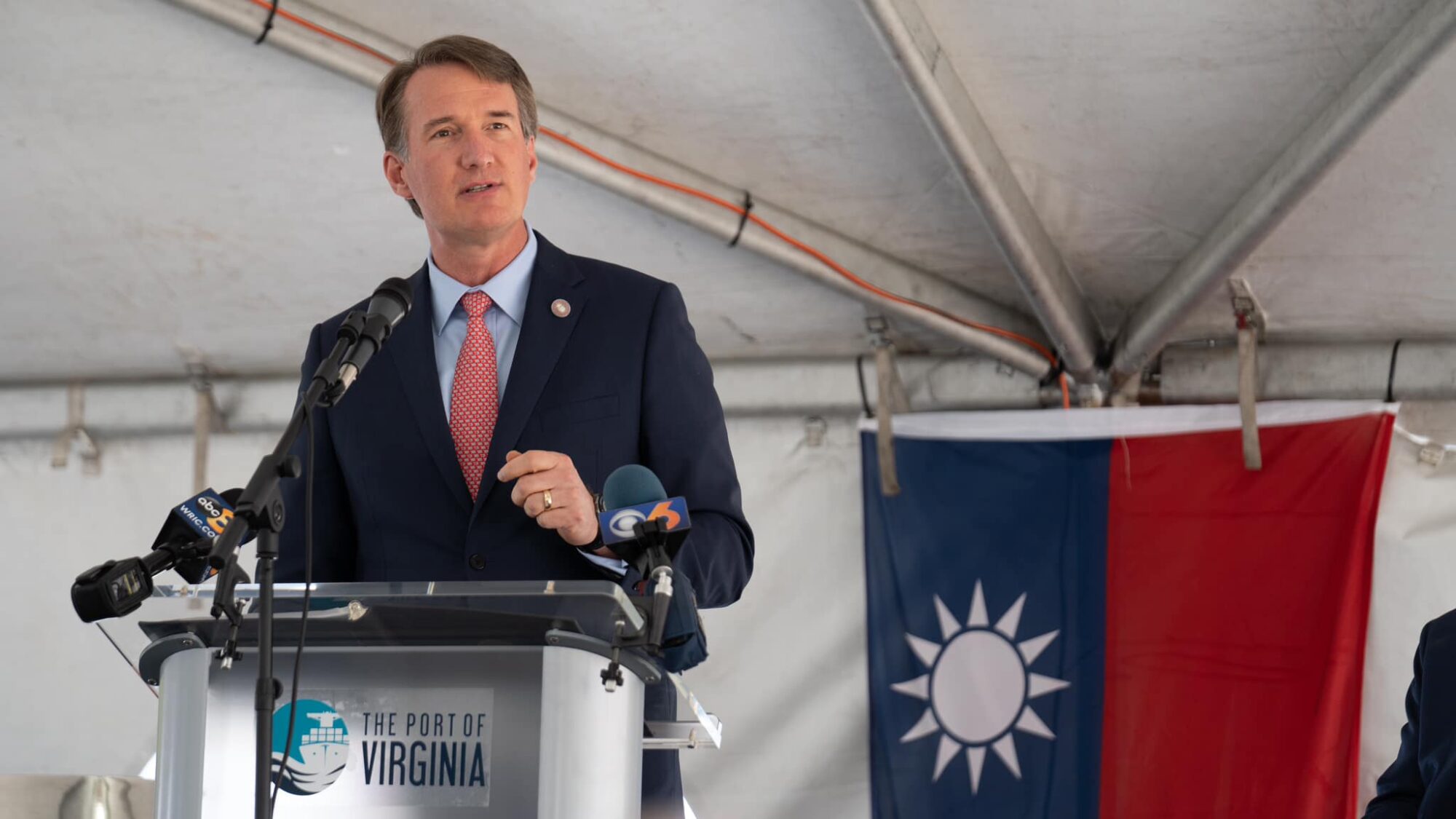
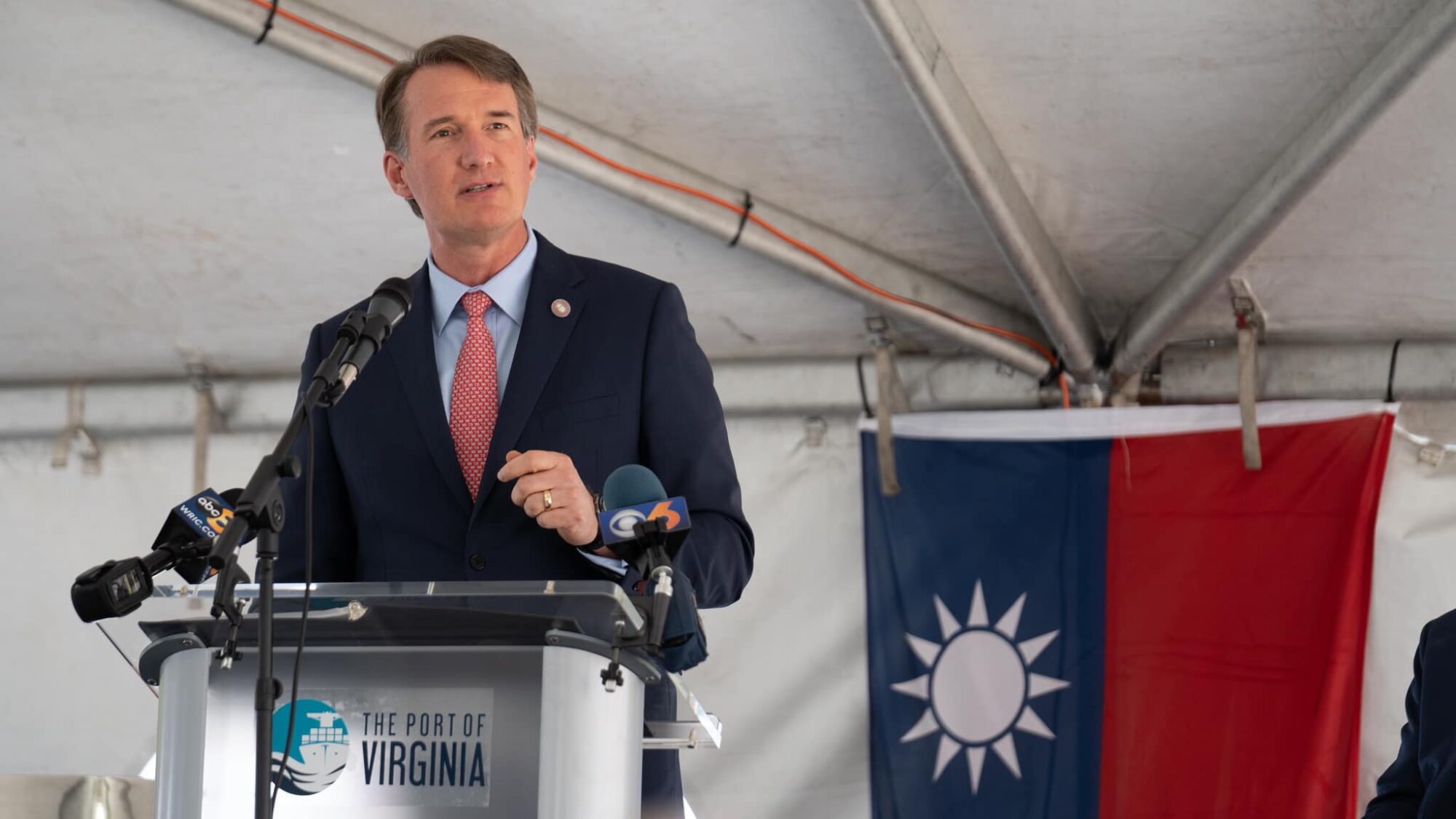
Youngkin’s decision barred voting for thousands of Virginians who have been released from prison during his governorship and would have had their rights restored under the policy he ended, Bolts reported before the June primaries. It also led to widespread confusion for many Virginians whose rights had already been restored by Youngkin’s predecessors. Still, his announcement only applied going forward, as he could not strip voting rights already restored by past governors.
In June, Baughman walked confidently into Swanson Middle School, in the northern Virginia city of Arlington, to cast his vote. His voting rights were restored in 2021 by Northam, and he had made a point to vote in every election since; he follows local politics closely and, on that day at Swanson, was excited to weigh in on the local sheriff and prosecutor contests, among others.
Baughman was shocked when poll workers could not locate his name on the voter rolls, and even more so when the precinct chief informed him he’d been removed from those rolls. He cast a provisional ballot, which he later learned was never counted, left the school, and started to investigate why this had happened.
Baughman got a judge to issue an order in July saying that he should be reinstated on voter rolls. Still, it took months longer for the Youngkin administration to acknowledge that his and other residents’ exclusion was the result of a systematic error.
“The fact that it took somebody in my position to figure this out—it suggests to me that this problem is way bigger than we realize,” Baughman told Bolts. He is a white man with professional ties to criminal justice organizations that work on court and legal issues. “Too often, the people that are impacted by these problems are too marginalized to be able to do anything about them.”
Shelton suspects that the erroneous exclusions that were exposed this fall go hand-in-hand with Youngkin’s policy announcement this spring. After all, the report in which the state congratulated itself for purging over 10,000 people with felony convictions comes from the same agency that has implemented the governor’s decision to tighten voter eligibility.
“I think that Governor Youngkin has cultivated a culture of marginalizing people and really putting a negative face on reformed criminals,” Shelton said. “I just think, personally, that this is malicious and it is with every intent to keep away voices that are not aligned with Governor Youngkin.“
Baughman has little confidence as he watches the officials who ignored his cries over the summer now helming the crisis response.
“There are a lot of people who could’ve stepped up and chose not to, who chose the easy, bureaucratic thing,” Baughman said. “I’m very leery of having those same people now fix the problem.”
Local elections officials don’t seem to have a clear plan, either. When Bolts talked last week to Kathy Davenport, Northumberland County’s registrar, who heads the office in charge of voter registration where Elizabeth Shelton lives, she said she was only vaguely aware of the scandal. The state had not notified her of any county resident wrongly stripped of voting rights, she said. In a follow-up call on Monday, after Shelton learned her voting rights were reinstated, Davenport declined to detail how her office is addressing this and how it would reach out to wronged voters, telling Bolts to call the state instead.
Thalia Simpson, a spokesperson for the Prince William County Office of Elections, initially told Bolts that it may cause “unnecessary panic” for her office to reach out to people to inform them that they were affected by an erroneous purge. Simpson called back shortly after to say her office would actually mail letters to any county residents affected by the illegal purge. “The burden of correction has fallen completely on our office,” she said.
Voting rights advocates in Virginia want the state to reach out to voters as promptly as possible. “People may not be checking their status,” said Williams, the head of Nolef Turns. “A lot of people won’t check their status until it’s time to go vote, if they check at all.”
Even if state and local officials correctly identify everyone wronged by the purge and send them all letters, it may not be enough to mitigate the harm.
At least some of those affected by this purge received letters from their county registrars informing them they had lost their voting rights, and advocates are concerned that this did lasting damage even if they were to now receive a notice correcting the matter.
“At a bare minimum, somebody should go knock on their doors and say, ‘I’m sorry,’ and make sure they got the message,” Baughman says. “A lot of people don’t check their mail and, a lot of times, mail doesn’t get to people.”
Jon Sherman, litigation director of Fair Elections Center, a group that promotes rights restoration, worries that the error will undermine people’s trust in government. “Many people, if they have a conversation with their local registrar or the Virginia State Police or the secretary of the commonwealth, will accept their authority, not contest it, and be intimidated. Most people aren’t lawyers,” he said.
And some harm cannot be undone. Baughman, like Shelton, already lost the opportunity to cast a ballot in the primary. “Even though I did everything right and made every effort at every opportunity to try to correct this problem, the other side still won by default. My ballot wasn’t counted,” he said. “It was legally cast, and I should have properly been registered, and yet they won.”
Now he fears others will experience the same frustration next month. “Voting is already going on,” he said, “so the time is now.”
Stay up-to-date
Support us
Bolts is a non-profit newsroom that relies on donations, and it takes resources to produce this work. If you appreciate our value, become a monthly donor or make a contribution.



